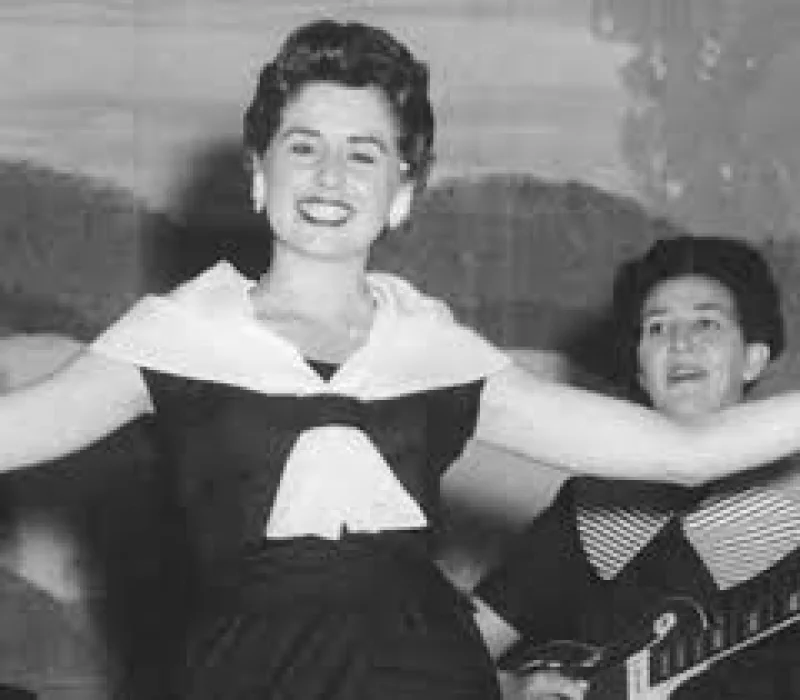Short Summary
Anne Boleyn, often referred to as "Hellion" for her spirited and tenacious nature, was the second wife of King Henry VIII of England and mother of Queen Elizabeth I. Her marriage to Henry significantly influenced the English Reformation, leading to the Church of England's separation from the Roman Catholic Church. Despite her controversial life and subsequent execution, her legacy has endured, primarily through her daughter Elizabeth's successful reign.
Early Life & Education
Anne Boleyn was born around 1501, possibly at Blickling Hall in Norfolk, England, into a noble family. Her father, Thomas Boleyn, was a diplomat, and her mother, Lady Elizabeth Howard, belonged to one of England's most established families. Anne spent part of her childhood in the Netherlands and later in France, receiving an education that exposed her to Renaissance humanism. She studied music, dance, French culture, and religious philosophy, which equipped her with the sophistication and intellect that would later captivate Henry VIII.
Career Highlights
Anne Boleyn's ascent at the English court began as a lady-in-waiting to Queen Catherine of Aragon. Her charm and wit caught Henry VIII's attention, and she skillfully maintained his interest by refusing to become his mistress. This eventually led to their marriage in 1533, after Henry's divorce from Catherine. As queen, she advocated for religious reform and influenced Henry's decision to establish the Church of England. Her reign was short-lived, however, as her failure to produce a male heir led to her arrest and execution in 1536 on charges of treason, adultery, and incest.
Major Achievements
- Influenced the English Reformation by advocating for religious reform and contributing to the establishment of the Church of England.
- Mother of Queen Elizabeth I, one of England's most renowned and successful monarchs.
- Played a significant role in the cultural and political shifts of 16th-century England.
Famous Quotes
- "The executioner is, I hear, very good, and I have a little neck."
- "I beg you earnestly pray for the King's grace and for me."
Interesting Facts
- Anne was known for her six-fingered hand, which some claimed was a sign of witchcraft.
- She was highly educated and fluent in French, a rarity for women of her time.
- Anne's coronation was one of the most extravagant of the Tudor period, showcasing her influence and Henry's commitment.
- Her marriage to Henry VIII marked the first time a commoner was made queen consort in England.
Legacy / Influence
Anne Boleyn's legacy is most profoundly seen through her daughter, Queen Elizabeth I, who became one of England's greatest monarchs. Her life and death highlighted the volatile nature of Tudor politics and the intersection of personal desires with national religion and governance. Anne's story continues to captivate historians and the public, reflecting the enduring fascination with the Tudor era and its dramatic transformations.
FAQ
Q: Why is Anne Boleyn famous?
A: She is famous for her marriage to King Henry VIII, which led to the English Reformation, and as the mother of Queen Elizabeth I.
Q: What were the charges against Anne Boleyn?
A: She was charged with treason, adultery, and incest, leading to her execution.
Q: How did Anne Boleyn influence the Church of England?
A: Her marriage to Henry VIII and advocacy for religious reform contributed to England's break from the Catholic Church.









